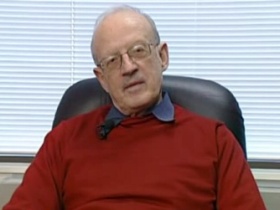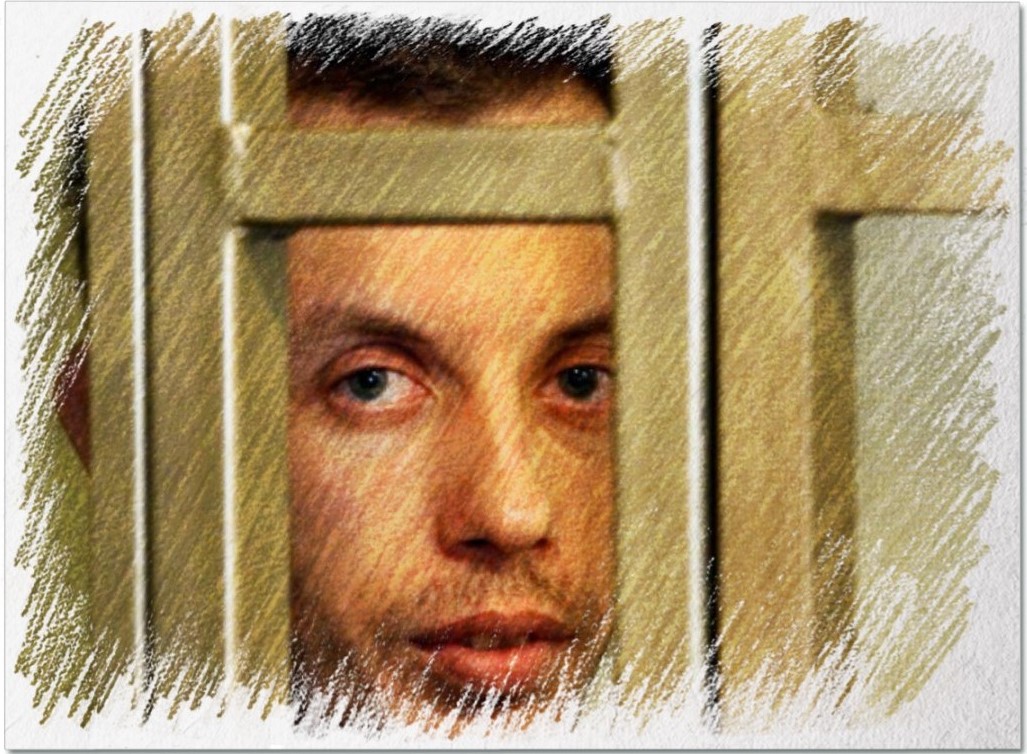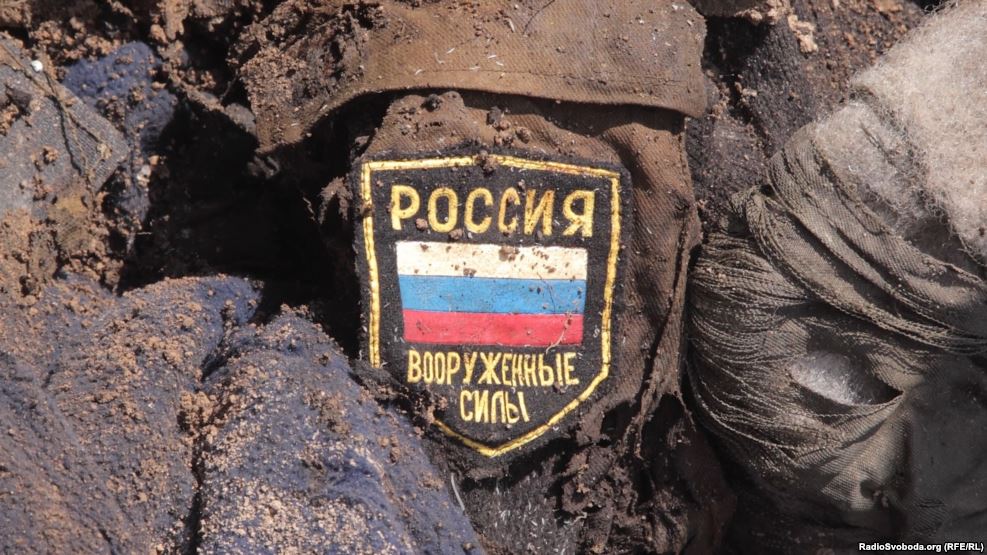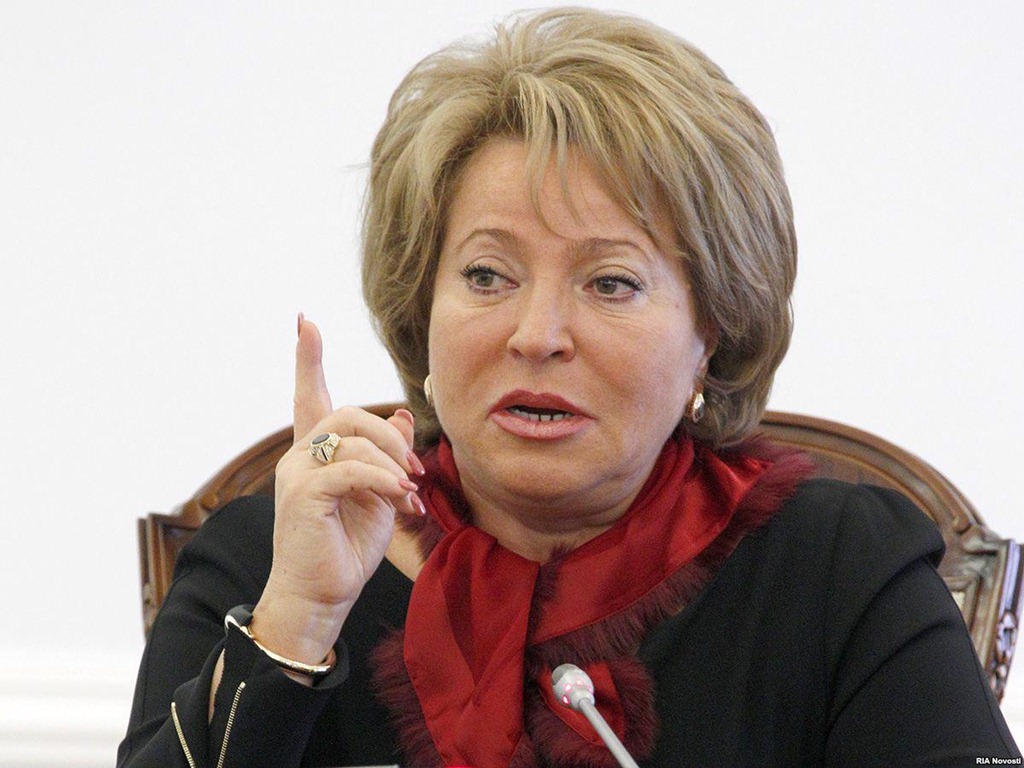With his constitutional amendments on local self-administration, Ukrainian President Petro Poroshenko has blocked Vladimir Putin’s plan to force Kyiv to allow Moscow-occupied regions to act as part of Ukraine, Andrey Piontkovsky says, while satisfying the needs of Kyiv’s Western allies to declare that Kyiv has fulfilled the Minsk accords.

Those attacking Poroshenko for his position are either “sincerely misguided … or provocateurs who are trying to organize a third Maidan which is the dream of Putin and the Russian authorities,” the Russian commentator says.
Anyone who examines carefully what Poroshenko has proposed--within the limits of the options he has--will understand that his proposed constitutional changes do not legitimate the Moscow-orchestrated "DNR" and "LNR" as part of Ukraine but rather have the opposite effect, Piontkovsky says.
It is important to recognize that these constitutional changes do not mention either entity, speaking instead of “particular regions of Donetsk and Luhansk oblasts.” Nor do the Minsk accords, and “such a terminological tussle” around either the constitutional changes or the Minsk texts is “in principle” more or less useless.
The Minsk agreements “will never be realized,” Piontkovsky points out, because “the Russian Federation will never fulfill their two key points: the withdrawal of foreign forces from the Donbas … and the transfer of the border to the control of Ukraine.” Given that, he says, he hopes “Ukraine will never fulfill” the Minsk agreements as Putin interprets them.
What the Kremlin wants is to insert “Lugandon” [slang term for the combined "LNR" and "DNR" entity - Ed.] like “a cancerous tumor into the political field of Ukraine,” both to force Kyiv to finance the Russian occupied regions and to allow representatives from those regions to sit in the Verkhovna Rada and sabotage Ukraine’s reforms and moves to the West.
In this situation, Poroshenko simultaneously has to avoid doing anything that threatens the territorial integrity of Ukraine as agreeing to Putin’s demands would while not doing anything that might cost Kyiv its Western allies who want to believe in the Minsk agreements which they helped to write.
“Ukraine is fighting with a superpower which has a much more powerful army than the Ukrainian one and also nuclear weapons and an enormous economic potential,” Piontkovsky says. “Ukraine cannot win this war without an alliance with the civilized world, with the EU and the US.”
France and Germany, “who were the sponsors of the Minsk agreements do not want to recognize that these accords are meaningless, except for the point concerning a cease fire.” And consequently, Poroshenko has had to find a formulation which keeps them happy without sacrificing Ukraine’s integrity.
The “worse expectations” of Poroshenko’s “radical opponents” have not been realized, the Russian analyst says. “The EU and the US did not put pressure on Kyiv to take real steps to include the occupied territories in the body of Ukraine. On the contrary, immediately after the Verkhovna Rada’s acceptance of [these] changes,” the West reacted by saying “’fine, Ukraine has fulfilled the Minsk agreements. Let’s now call on Russia to fulfill its promises.’”
“This is a diplomatic struggle,” Piontkovsky continues, “which Kyiv is conducting in a sophisticated and successful way.”
Ukrainians cannot expect the West to do everything they would like as shown by the West’s overly-restrained response to Putin’s Anschluss of Crimea, but over the past year, the West has moved in a positive pro-Ukrainian position, the Russian analyst says. And it is important that Kyiv not lose the West’s support.
That in itself is a great victory for Ukraine and a reflection of the clever policy of Poroshenko, Piontkovsky adds.
Asked why he is so much more optimistic than he was earlier, the Russian analyst says that he is encouraged precisely because Putin has “lost this war” by his overreaching, his assertion that he is fighting not just Ukraine but the West, and his efforts at nuclear blackmail to get his way.
As a result, Moscow has changed its tune. Now, it is not talking about taking all of Ukraine and standing up to the rest of the world. Instead, it is talking now “only about the peaceful coexistence of the Russian Federation and the West, about saving ‘Putin’s face,’ and about how the master of the Kremlin will behave at the UN General Assembly.”





